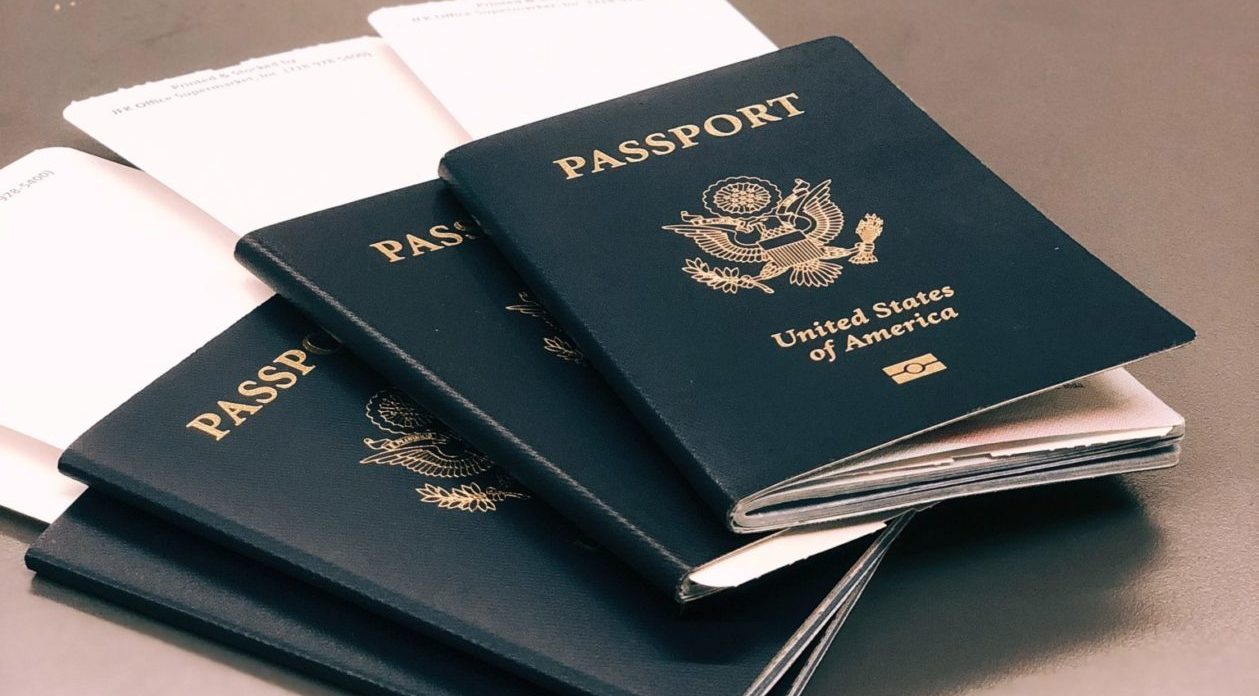Due to the COVID-19 pandemic, Americans have faced extensive restrictions across the board. For the very first time, American high net worth individuals (HNWI) and ultra-high net worth individuals (UHNWI) are encountering the great obstacle of international travel. Prior to the pandemic, Americans could travel to and from most countries with rarely any issues, but now, a U.S. passport provides Americans with access to only 29 countries. The catch is, many of these places are not of interest to business executives and avid travelers.
Those who are used to conducting business and jet setting abroad are now finding themselves at home and unable to operate as usual. Hefty travel restrictions are impacting countless business and networking opportunities, as well as hindering general tourism and additional travel motives.

Knowing that the pandemic will likely remain in full swing for the foreseeable future, wealthy individuals are seeking solutions in the interim. Enter citizenship by investment programs (CIP), a legal transaction that is typically in the form of a real estate or infrastructure investment in exchange for citizenship.
Why We’re Seeing an Increase in CIP Interest From Americans
American HNWI and UHNWI are feeling pressure in nearly every aspect of life and are looking to flock to other countries that will provide them with safety, security and more travel freedom. Not only are many feeling trapped due to the current travel restrictions, but people are also fearful of a continued spike in COVID-19 fatalities, on top of increased civil and political unrest in the country.
While many are interested in pursuing citizenship by investment opportunities in smaller countries that have successfully navigated the pandemic, people are also seeking places with no income tax, such as St. Kitts and Nevis, or Europe’s Montenegro, which has just a 9 percent income tax rate. The cost of the citizenship is quite minimal compared to the tax savings that are possible by just moving to another country—especially with the U.S. as one of the only countries where citizens must pay federal taxes regardless of where they reside.

With second passports in hand, international travel opens back up, as does more freedom and ease. Here’s how the process works—through citizenship by investment, an individual can make an investment in a country and, following a thorough due diligence process, receive citizenship within a short period of time. In the Caribbean, the investments typically start from as low as $100,000, and in Europe, the investment amount can exceed over €2.2 million, depending on the country selected. There has been rising interest among HNWI in acquiring second citizenship by investment in places such as St. Kitts and Nevis, Dominica and even further countries such as Montenegro and Cyprus. Essentially, these programs have recently been viewed as safety blankets, “just in case” instability persists.
Future of CIPs in a Post-Pandemic World
The novel COVID-19 pandemic has caused great disruption globally, shifting nearly every industry and facet of life. The value of the American passport is declining, as current restrictions are even hindering travel to Canada. Simply put, Americans are now understanding the kind of restrictions entrepreneurs from other countries, such as India, China, and Pakistan, have faced for quite some time now. Between health, business and tourism, American HNWI and UHNWI are now considering the need to diversify not only their financial holdings but also their citizenship.
Overall, the advantages of CIPs for Americans can span from visa-free travel to an increase in safety and security. As the pandemic persists, what lies ahead in a post-pandemic world is extremely unknown, but what we do know is that we can anticipate a continued increase in adoption of CIPs among Americans.
Nuri Katz is the founder of Apex Capital Partners.






